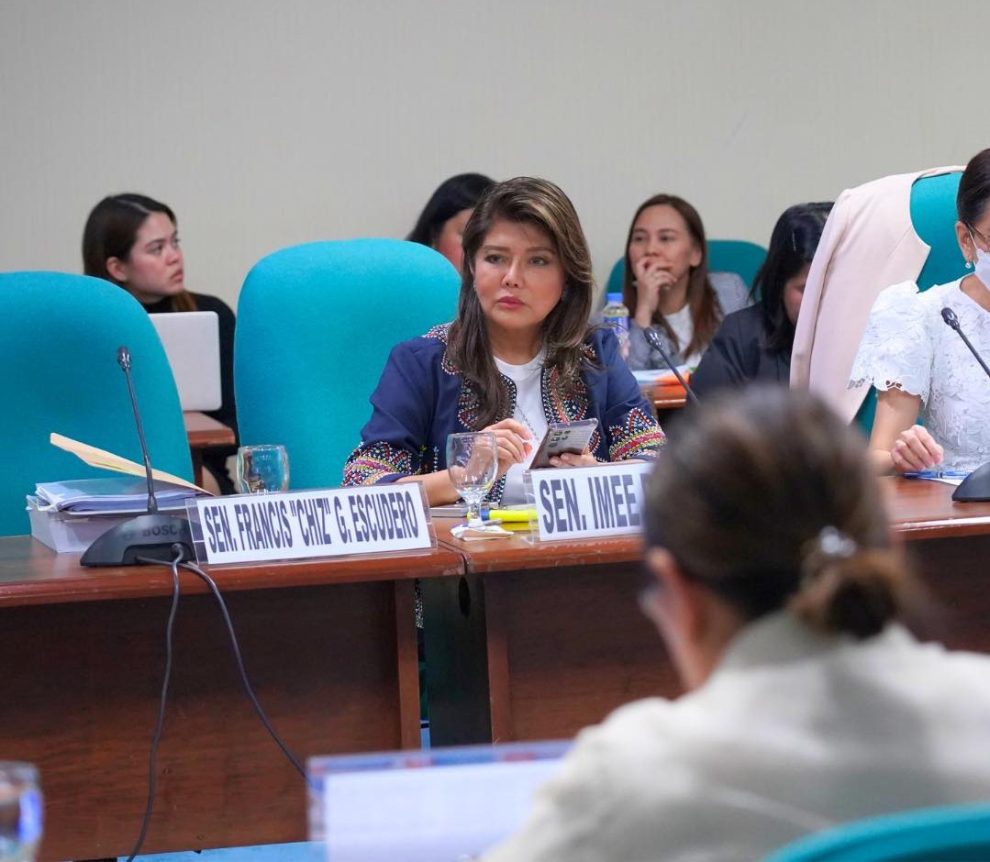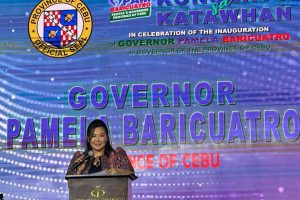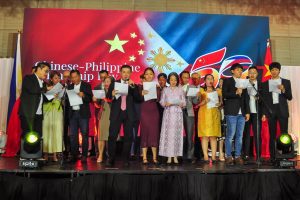Senator Imee Marcos took a firm position against a “redundant revalidation” of the identities and certificates of land ownership awards (CLOAs) of farmers before they could receive land titles as promised under Republic Act 11953, or the New Agrarian Emancipation Act.
Marcos, who chairs the Senate Committee on Social Justice, Welfare, and Rural Development, voiced her position ahead of the President’s signing of the new law’s implementing rules and regulations (IRR) on Tuesday.
“We would like to emphasize the spirit of the law to facilitate the awarding of lands to agrarian reform beneficiaries (ARBs). There should be no unnecessary revalidation for farmers to avail of the emancipation program,” she emphasized.
The senator called the IRR’s completion a fitting tribute to “my father and the father of land reform,” former President Ferdinand Marcos Sr., in time for his 106th birth anniversary on Monday, September 11.
But she added that the IRR would be meaningless to farmers if this posed a new hurdle to their dream of owning land.
“Let’s not extend what is already the longest-running land reform program in history,” she said, citing its inception in October 1972 through Presidential Decree 27.
Besides freeing farmers from unpaid debt, Marcos said the prompt handover of land titles due them under R.A. 11953 will improve their access to financing that can increase their crop production and spur the country’s agricultural growth.
The government has yet to fulfill the new law’s promise of land ownership for most farmers, with only 68,427 having received their land titles, or 11.2% of the 610,054 identified ARBs.
The Department of Agrarian Reform also reported that land titles already awarded to farmers cover some 85,853 hectares, or only 7.3% of the 1,173,102 hectares the government has allotted for distribution.
Marcos pointed out that the uncertainty in land ownership among ARBs and the the lack of investment backed by collateral assets such as land have dragged on the country’s agricultural growth.
“Forced to borrow from informal lending channels that charged usurious interest rates, our farmers became poorer and less capable of uplifting the state of our agriculture,” she said.
Marcos expressed optimism that the land titles anticipated by farmers would keep them from giving up on their livelihood and encourage the next generation to take it up.
“Patience is a virtue but please don’t make them wait much longer,” she said.












